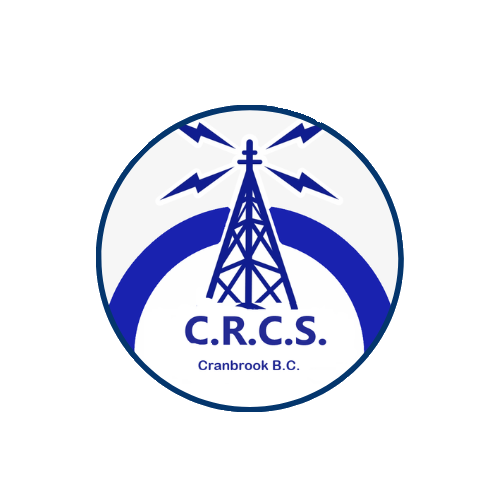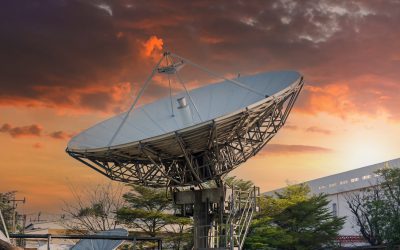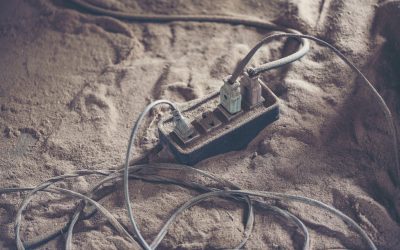Resource Road Radio In 2015, BC started rolling out the Resource Road Radio Program province-wide. Previously, many active FSRs used the operating company’s own leased frequencies, leaving other road users unsure in advance of what channels they would need to monitor for traffic. The RR project created a standardized set of 35 road channels for use on public FSRs throughout the province, along with standardized protocol and signage. This allows FSR users to have their radios pre-loaded with all 35 RR channels and 5 “loading” channels (edit: updated to 14 loading channels in early 2022), and easily switch the appropriate one when entering an FSR. It’s important to note that it is only legal to transmit on these channels using a certified and licensed “land mobile” (“commercial” or “business”) radio. The license is available by submitting an application and license fee ($42 annually, prorated) to ISED, and only a qualified person or radio shop is allowed to program them. Most shops can assist you in submitting the license application, and will program the assigned channels for minimal cost or for free. Outside of a land mobile radio, it is also only legal to program the channels for monitoring in a radio that is incapable of transmitting on them – specifically, a “true” ham radio that is restricted to transmitting within the ham bands. It is not legal to enter these frequencies into “unlocked” radios such as Boateng’s and other Chinese radios. Yes, we understand it’s “a safety thing”. That doesn’t “make it okay” to use them illegally, when nobody is restricted from BEING legal: anyone can pick up a land mobile radio, get the license, and be golden (an older Icon can be had for $150 or less). Or pick up a scanner and listen to anything you want. One should also remember that these are business-related frequencies and not to be used for general chit-chat between groups; they’re there to keep other road users apprised of traffic location and conditions, nothing more.
Building and Using Magnetic Loop Antennas: The Ultimate Ham’s Guide
Amateur radio is a hobby built on experimentation and ingenuity. From QRP field operations to stealthy urban shacks, hams are always searching for antenna solutions that blend performance, portability, and adaptability. Enter magnetic loop antennas—the compact,...




